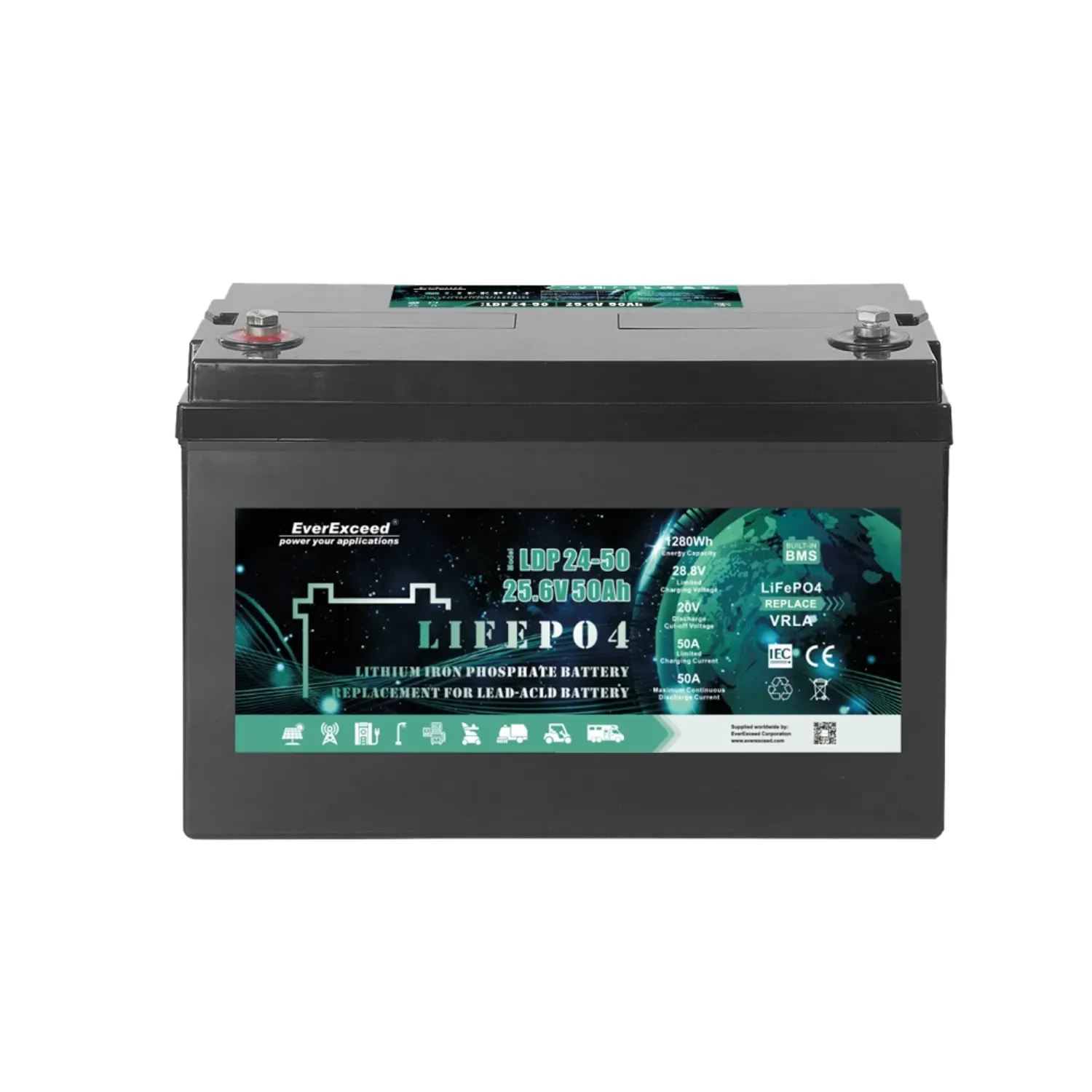
Get a Quote
What is Better, an AGM or a Lithium Battery for RV?
When it comes to powering your recreational vehicle (RV), the debate between AGM (Absorbent Glass Mat) and lithium batteries is ongoing. Whether you’re a weekend warrior or a full-time RVer, the choice of battery can significantly impact your travel experience. In this comprehensive guide, we will delve into the pros and cons of both AGM and lithium batteries, helping you make an informed decision for your RV adventures.
Understanding RV Batteries
What are AGM Batteries for RV?
AGM batteries, short for Absorbent Glass Mat, are a type of lead-acid battery that uses a glass mat to absorb the electrolyte solution. This design makes them spill-proof and maintenance-free, an appealing option for many RV owners. AGM batteries have been a popular choice for RVs due to their reliability and relatively lower cost compared to lithium batteries.
What are Lithium Batteries for RV?
Lithium batteries are a more recent innovation. Known for their high energy density, longer lifespan, and lighter weight, lithium batteries are quickly becoming the go-to choice for RV enthusiasts who prioritize efficiency and performance. Lithium Iron Phosphate (LiFePO4) is the most common type of lithium battery used in RVs due to its stability and safety.
AGM vs Lithium Battery for RV: A Detailed Comparison
Cost Considerations
When comparing AGM vs lithium battery for RV, cost is often the first factor that comes to mind. AGM batteries are generally less expensive upfront. However, lithium batteries, despite their higher initial cost, tend to be more cost-effective in the long run due to their longer lifespan and lower maintenance requirements. AGM batteries win the initial cost round with a lower price tag, but lithium batteries offer better long-term investment, with an extended lifespan of up to 10 years or more.
Weight and Space Efficiency
Space and weight are critical factors in RVs, where every pound and inch counts. Lithium batteries are significantly lighter than their AGM counterparts, which can improve fuel efficiency and allow you to carry more gear. Lithium batteries also tend to be more compact, freeing up valuable storage space.
Lifespan and Performance
Performance and longevity are crucial aspects to consider when asking, "What is better, an AGM or a lithium battery for RV?" AGM batteries typically last between 3-5 years with proper maintenance, whereas lithium batteries can last up to 10 years or more, providing thousands of charge and discharge cycles without significant capacity loss.
Efficiency and Power Output
Efficiency and power output are where lithium batteries shine compared to AGM batteries. While reliable, AGM batteries can suffer from a drop in voltage as they discharge, impacting the performance of your RV’s electrical systems. In contrast, lithium batteries maintain a consistent voltage throughout their discharge cycle, ensuring stable and reliable power for your RV appliances and electronics.
Maintenance Needs
Maintenance is another important aspect in the AGM vs lithium battery for RV debate. AGM batteries, though relatively low-maintenance, still require periodic checks and equalization charges to prevent sulfation. On the other hand, lithium batteries are virtually maintenance-free, making them a hassle-free option for busy RVers.
Environmental Impact
When considering the environmental impact, lithium batteries have a slight edge over AGM batteries.
Recycling
While both types of batteries are recyclable, lithium batteries have a higher energy density, meaning fewer batteries are needed over time, reducing waste.
Energy Efficiency
Lithium batteries’ higher efficiency means less energy wasted during charging and discharging cycles, contributing to a smaller carbon footprint.
Conclusion
Ultimately, the choice between an AGM and a lithium battery for your RV depends on your specific needs and priorities. If you’re looking for a cost-effective solution for occasional use, AGM batteries may be sufficient. However, if you seek long-term reliability, efficiency, and performance, investing in a lithium battery is likely the better option.
Lithium batteries offer a range of benefits that can enhance your RV experience, from longer lifespan and consistent power output to reduced weight and maintenance. As the technology continues to evolve, the gap between AGM and lithium batteries widens, making lithium the future of RV power solutions.
When considering which lithium battery to choose, EverExceed stands out as a leading manufacturer of high-quality lithium-ion batteries and solar energy storage solutions. With their advanced technology, robust safety features, and commitment to sustainability, EverExceed provides reliable and efficient power solutions tailored to meet the unique needs of RV owners. Upgrade to EverExceed lithium batteries and enjoy worry-free, enhanced RV adventures.
FAQs
What is the difference between AGM and lithium batteries for RVs?
AGM batteries are a type of lead-acid battery known for their reliability and lower cost, while lithium batteries offer higher efficiency, longer lifespan, and lighter weight. The choice depends on your budget, usage, and performance requirements.
Can I replace my AGM battery with a lithium battery in my RV?
Yes, you can replace an AGM battery with a lithium battery. However, it’s essential to check your RV’s charging system compatibility with lithium batteries and make necessary adjustments to avoid any issues.
How long do lithium batteries last compared to AGM batteries?
Lithium batteries typically last up to 10 years or more, providing thousands of charge cycles without significant capacity loss. In contrast, AGM batteries generally last between 3-5 years.
Are lithium batteries worth the extra cost for RVs?
While lithium batteries have a higher upfront cost, their longer lifespan, lower maintenance, and superior performance can make them a worthwhile investment for many RV owners, especially those who travel frequently or live in their RV full-time.


